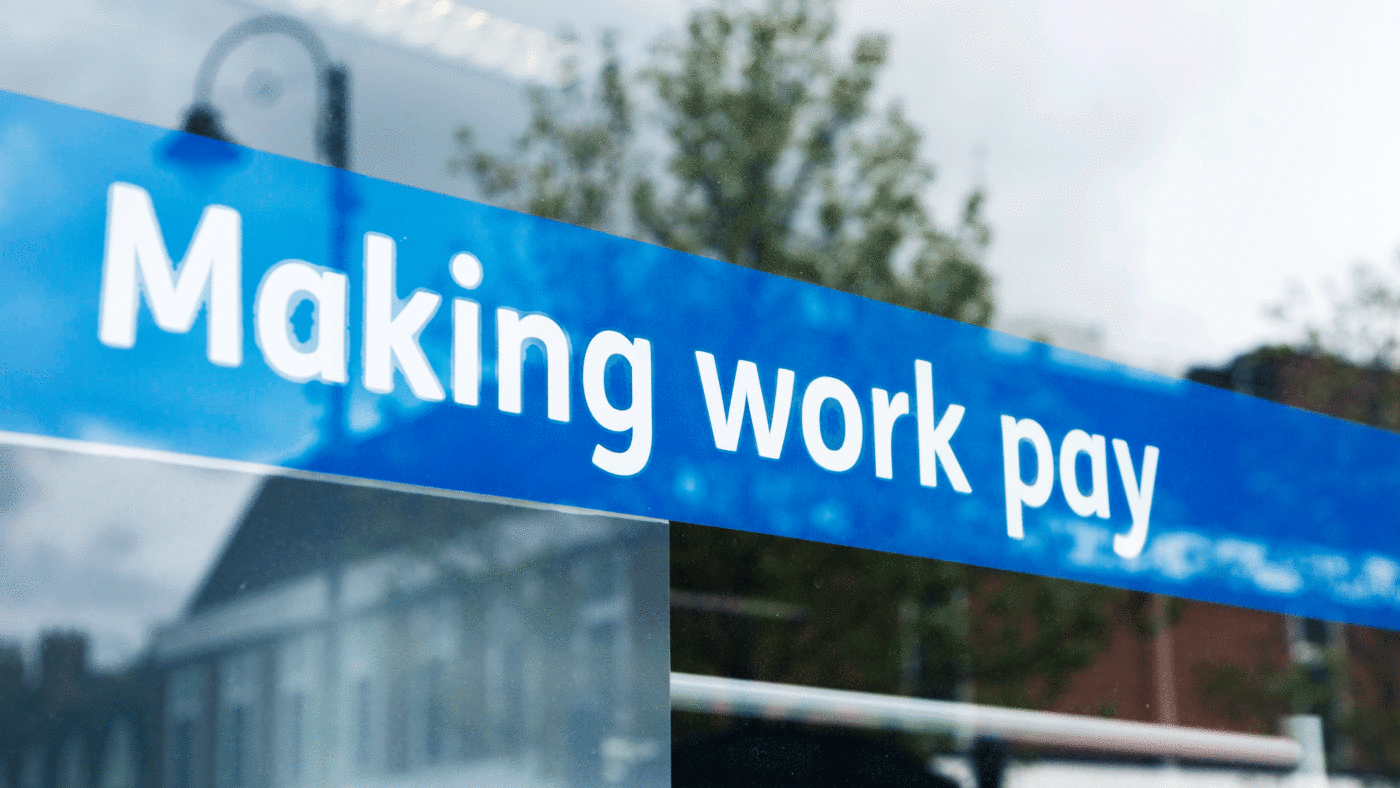We didn’t hear very much about welfare yesterday. As had been trailed before the Budget, the £20 Universal Credit uplift has been extended for six months. That is a more sensible move than some of the other ideas being floated, but it was the easy option and it kicks several cans down the road.
This is probably partly a result of departmental politics. Reports suggest the Treasury has been adamant that the uplift needs to go, and no wonder, given we now know the Chancellor was aiming to get the Office for Budget Responsibility to predict a balanced current budget by the end of the forecast. But it also speaks to a continuing lack of imagination or clarity about welfare. After a decade of difficult political battles over welfare, the Government seems to see it as a problem to be managed and suppressed, rather than an important part of its policy agenda.
As I argued recently in a Centre for Policy Studies report, and on this site, the Government did need to extend income support for people on low incomes. The £20 has benefited around six million households and for many during this crisis it may have been the difference between just about coping and serious hardship. When it was introduced for a 12-month period last March, we expected Covid to be long gone by the time it ended. With restrictions now expected to be in place until June, keeping support in place makes sense.
However, the extension should have been in a different form. The £20 has been implemented through the standard Universal Credit allowance. Our suggestion was that support should be extended, but that the £20 should be replaced with an equivalent hardship payment, to prepare the ground for withdrawing the payments. A big priority for the Department for Work and Pensions now must be to communicate with claimants that their weekly entitlement will fall, quite suddenly, in September.
A significant proportion of those currently on Universal Credit started their claim after the £20 uplift was already in place. Not everybody watches the news religiously. Many of these people may not even realise that their normal entitlement will actually be much lower than what they are currently getting. Replacing the uplift with a separate Covid payment would have made the situation much clearer for claimants. It would also have made it much harder for opponents to paint the withdrawal of the uplift as a ‘cut’, since they would need to be arguing in September for the ‘Coronavirus Hardship Payment’ to be kept permanently, rather than simply claiming, as the Labour Party already have been, that the Government is ‘slashing benefits’.
Extending the existing £20 through the standard allowance was the easy option. As Robert Colvile has set out recently on this site, the first question people in Government have asked when presented with a potential way forward on this Universal Credit issue is ‘will the computer say no?’. Still, there are plenty of things they could have done which I think would have been feasible. The civil service managed to set up a whole new system of furlough at pace last year – I do not think it would have been beyond the capacity of the bureaucracy to simply pay £20 a week to everyone in receipt of Universal Credit. Administratively it would certainly be more complicated and expensive than just increasing everyone’s normal benefit payment, but as I’ve said, there is a danger that doing it that way makes it much harder to withdraw the support, both politically for the Government and financially for claimants.
It would also be very simple to offset the impact for some families by allowing those in work to keep more of their earnings. Claimants currently lose 63p of benefit for every pound they earn, once they have exhausted any ‘work allowance’ they might be entitled to, which for most is not much.
This could have been an opportunity to reset the Government’s welfare agenda. To deal with unemployment, the amount of employment support being provided is being massively expanded. Combining this with changes to work allowances and the taper rate could have allowed the Government to frame a new narrative about a welfare system which does everything it can to help those who can work get a job, and rewards them for doing it.
The fact they just extended support for six months, and apparently intend to go back to the status quo afterward, suggests there is still no clear sense of what the Government actually thinks about welfare. It was not just the easy option because the computers can cope with it. It was the option which minimised attention at the Budget (pretty successfully), and delayed the political battle over withdrawing the uplift until the Autumn.
Click here to subscribe to our daily briefing – the best pieces from CapX and across the web.
CapX depends on the generosity of its readers. If you value what we do, please consider making a donation.


